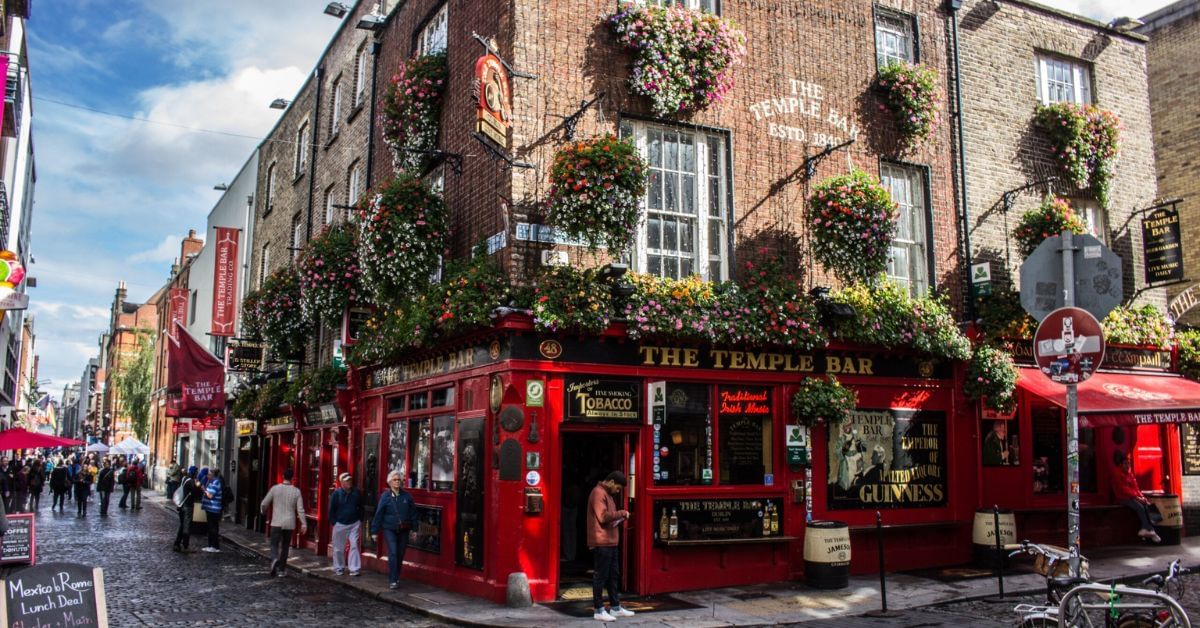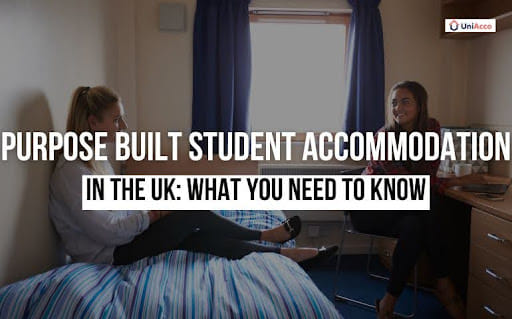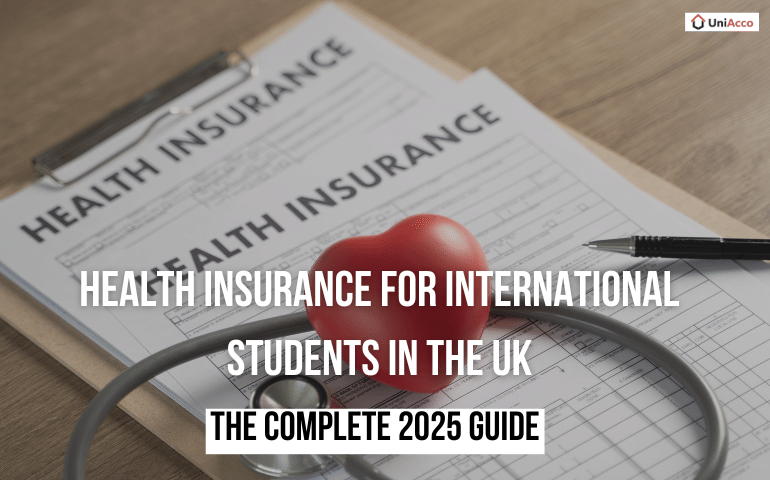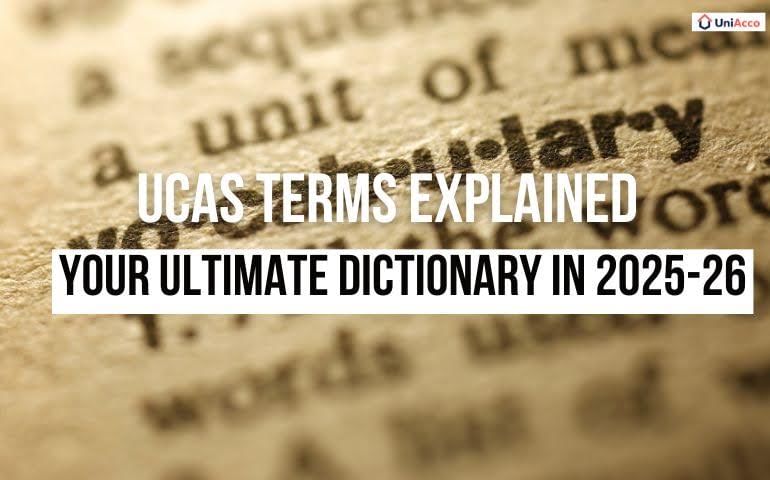Ireland is a popular destination for ex-pats, a country with a high standard of living, a welcoming community, and an outstanding education system. When imagining life there, the cost of living in Ireland should be a key concern. Ireland is a fantastic place to live, especially if you’re searching for dual citizenship, as long as you can handle the rainy weather. It is quick to become a resident of Ireland and get an Irish passport as long as you have Irish roots, without needing to renounce citizenship of your home country. But how much does living in Ireland really cost?
Cost Of Living Calculator
| Description | Cost (£) |
|---|---|
| Total Cost of Accommodation | 100 |
| Total Cost of Transport | 50 |
| Total Cost of Utilities | 30 |
| Total Cost of Food | 70 |
| Total Estimated Cost | 250 |
It is quite surprising to British and American ex-pats that living in Ireland is almost as expensive as it is in their countries. The average cost of living in Ireland for students ranges between IEP 1,502 to IEP 1,614 per month. This includes expenses pertaining to housing, food, transportation, entertainment, and more. Check out this blog to understand your living expenditures in Ireland, where everything from accommodation to transportation to leisure is included.
What Is The Cost Of Living In Ireland?
The table below comprises the monthly breakdown of the individual living expenditures of a student when living in Ireland –
| Particulars | Expenses (Per Month) |
| Off-Campus Accommodation | IEP 488 |
| On-Campus Accommodation | IEP 600 |
| Transportation | IEP 109 |
| Food | IEP 540 |
| Utilities | IEP 185 |
| Entertainment | IEP 48 |
| Groceries | IEP 44 |
| Clothes | IEP 88 |
| Total Cost of Living with Off-Campus Accommodation | IEP 1,502 |
| Total Cost of Living with On-Campus Accommodation | IEP 1,614 |
Accommodation Prices In Ireland
Housing costs are quite high in Ireland relative to the United States. For a second, ignore the pricey cities. The expense of your accommodation (rent) in an average area would cost you range between IEP 488 to IEP 600 a month. Prepare to pay rates equivalent to London or New York City, if you prefer to live in an affluent neighbourhood.
Accommodation on Campus
This is perceived by many students to be the most costly choice, but it also comes with a lot of advantages and comfort. Not only does being on campus mean you remain near the institution, but you still save money on different costs, such as food and travel.
At a university in Ireland, the average cost of living in Ireland on campus varies. Bearing in mind that every day you would get your meals prepared for you, services are included and you would more definitely drive less than you would if you stayed off-campus. Still, with dining out, insurance care, the cell bill, and movies, you would always need to budget.
Living in Student Accommodation

Living in student accommodation is often an inexpensive option for a comparable environment and community to living on campus. There are multiple commercial accommodations spread around in cities of Ireland for students. The safest and most accessible student lodging choices can be checked through UniAcco.
Depending on the choice of space, there will be differences in cost in Ireland, but you need to note that this just covers the rent and utilities. You must take into account the expense of food, leisure, dining out, and health costs. You will also find hotels within walking distance, really close to the campus, meaning that you do not need to waste much money on travelling which reduces your cost of living in Ireland.
Planning to move to Ireland? Check out some of the best student accommodations in Ireland!
Shared Student Accommodation in Ireland:
When you come to Ireland, moving into a shared house is known as the cheapest accommodation choice. The rent depends on many variables, such as where the sharehouse is situated, how old the house is, how many others you move in with, and so on. Your individual choice for the above variables will affect the price.
You are expected to pay an initial protection bond deposit to the Residential Tenancies Bond Authority before signing a lease for a share house in Ireland. The regular amount is 4 times your weekly rent charge, but depending on the individual residence, it may be more. You get the balance back after you have agreed to step out of your share house.
University Expense

Ireland has an academic sector that is top-tier. If you’re an ex-pat from EU/EEA Countries or Switzerland or a resident who resides inside the boundaries of the nation has free public education. Keep in mind that not all undergraduate courses offered are free of cost. The cost of food, clothing, travel and other costs are expected to be paid by students.
Health Insurance in Ireland

Ireland has a national health care scheme that is free and subsidized, but most ex-pats carry private health plans instead. Not everyone is eligible for the subsidized healthcare scheme, but if you do, you can save money through a Community Rating System. But much of that depends on your age.
In the Community Rating System, for their preferred insurance package, everyone pays the same rate. Your present health record is irrelevant. Depending on your age, though, the premium is subject to an extra percentage. When you’re 35, you’re going to spend an additional 2 per cent, and the rate rises by 2 per cent to a limit of 70 per cent for every year you become older. So you’ll spend an extra 40 per cent if you’re 55 years old.
Entertainment and Food Expenses

It would cost you almost as much as a night out in New York City to enjoy a night out in the city of Dublin. You may still find cheap locations, but bars and pubs are very costly for the most part.
For Irish citizens and ex-pats, pubs are a major attraction, and they’re popular for serving decent food and good beer. You’ll need to manage your funds accordingly, based on how much you want to go out, in order to experience the flourishing bar scene.
Want to save on living costs? Explore affordable student accommodations in Ireland now!
Transportation in Ireland

Public transit in and across the country is pricey in comparison to other big cities. In Dublin, for instance, a monthly transit pass would cost you about $155 as compared to a monthly MetroCard costing about $120 in New York City.
It is important to remember that only in large towns and major centres can mass transport operate. You’ll need to buy a vehicle if you intend to move to the outskirts of town or to the countryside. Owning and running a car would add up to your cost of living in Ireland. In a significant part, this is attributed to high gas costs.
Determine if you can afford it before you pack your bags. Compared to America, it’s not a cheap place to live in. Monthly expenditures would be equivalent to big cities in the United States, but before you travel, consider your choices. Consider the cost of living in Ireland, health care expenses, and food and entertainment costs. It’s a beautiful nation with a lot to offer, but it may not be a smart decision to make a move if you can’t afford to stay in Ireland.
FAQs
Q1. Is Ireland good for international students?
Ans: Ireland is a great place to pursue university with some of the best universities in Europe and in the world. Students from around the world come to study in Ireland and hence, it has a diverse student community making it a perfect option for international students.
Q2. Is Ireland expensive for international students?
Ans: Ireland is expensive if you consider the country with no other options but when compared to countries like the UK, it is comparatively inexpensive to study in Ireland for international students. Otherwise, studying and living in Ireland has become a tad expensive over the past decades. Tuition fees, student accommodation and the overall cost of living in Ireland have increased.
Q3. Is Ireland cheaper than the UK for international students?
Ans: Compared to the UK, Ireland is a cheaper option for international students. Leaving aside tuition fees, student accommodation is cheaper in Ireland. Even transportation, utilities and entertainment and leisure in Ireland are comparatively easy-on-the-pocket as compared to the UK.
Q4. How much does it cost to live as a student in Ireland?
Ans: Student accommodation in Ireland ranges from anywhere between €150 – €550 per week. The main factors that determine the rent of each property are the location and how close it is to universities in the area and its proximity to the city centre. Other factors that decide the price are the facilities and standard of the accommodation among others.















0 Comments